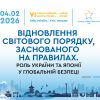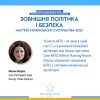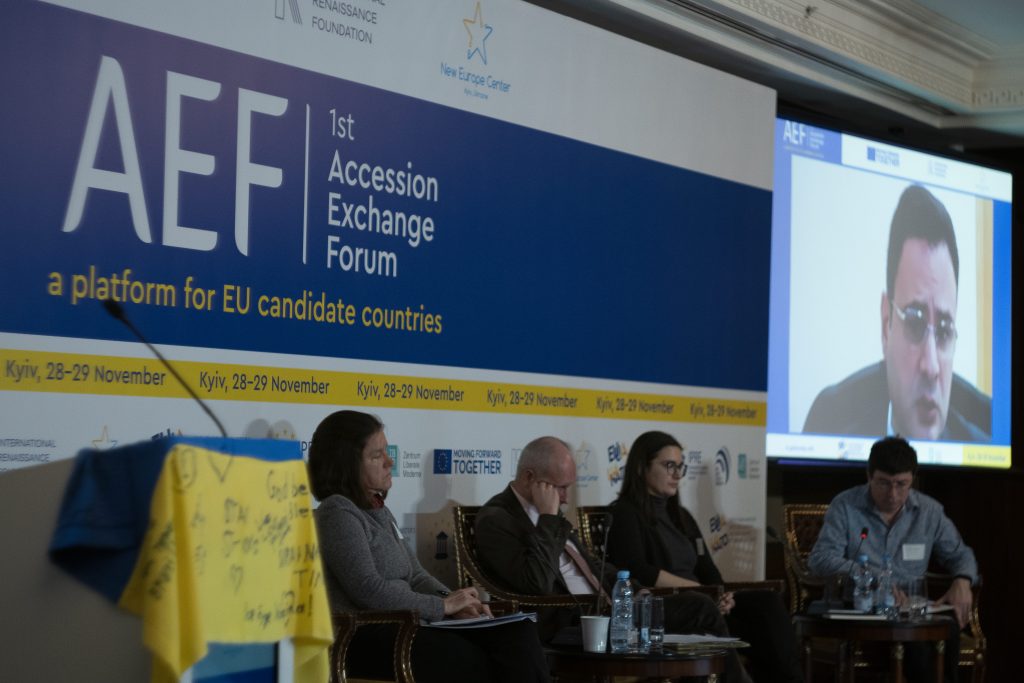
We bring to your attention the key messages of the speakers from the Session 1 of the 1st Accession Exchange Forum “The EU candidate status for Ukraine and Moldova, as well as the potential candidate for Georgia: the path to membership”.
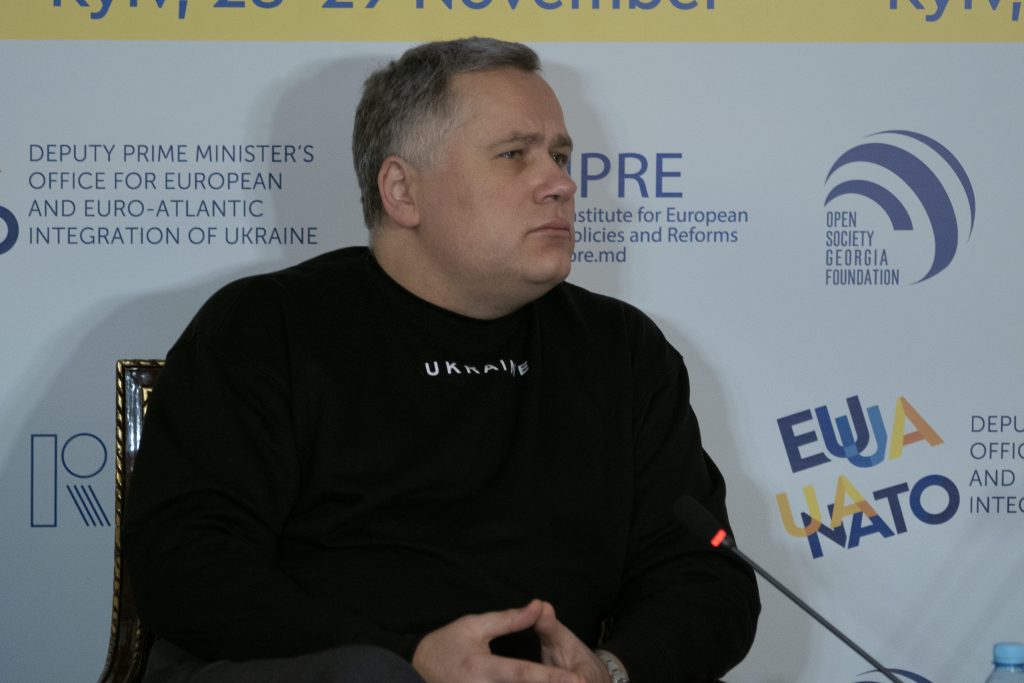
Ihor Zhovkva, Deputy Head of the Office of the President of Ukraine:
- It’s difficult to give strict deadlines for the beginning of opening accession negotiations with Ukraine in the world of diplomacy. But Ukraine has already united the EU around its issue. In March, there was skepticism on the candidacy for Ukraine. But we did job of convincing skeptics: Ukraine is capable of fulfilling our home task!.
- EU-UA summit will happen at the beginning of 2023, and it’s very important to have the deliverables. First of the deliverables would be a joint plan to further integrate Ukraine to the single market. Second deliverable is macro-financial assistance on 18 bln euro.
- It’s mportant to prepare our partners that it is not a stop point for Ukraine. We were not even celebrating candidate status. This is a beginning of the process which will be complicated, time-consuming, but we’ll overcome it. And we’ll be members of the EU!
- We were good students, we listened attentively to our partners in the EU. For example, we started to use a regional approach initiating the Association Trio. Ukraine was at the creation of this… Everything which is good for our EU integration, we will utilize. Everything which prevents us, we will not use it.
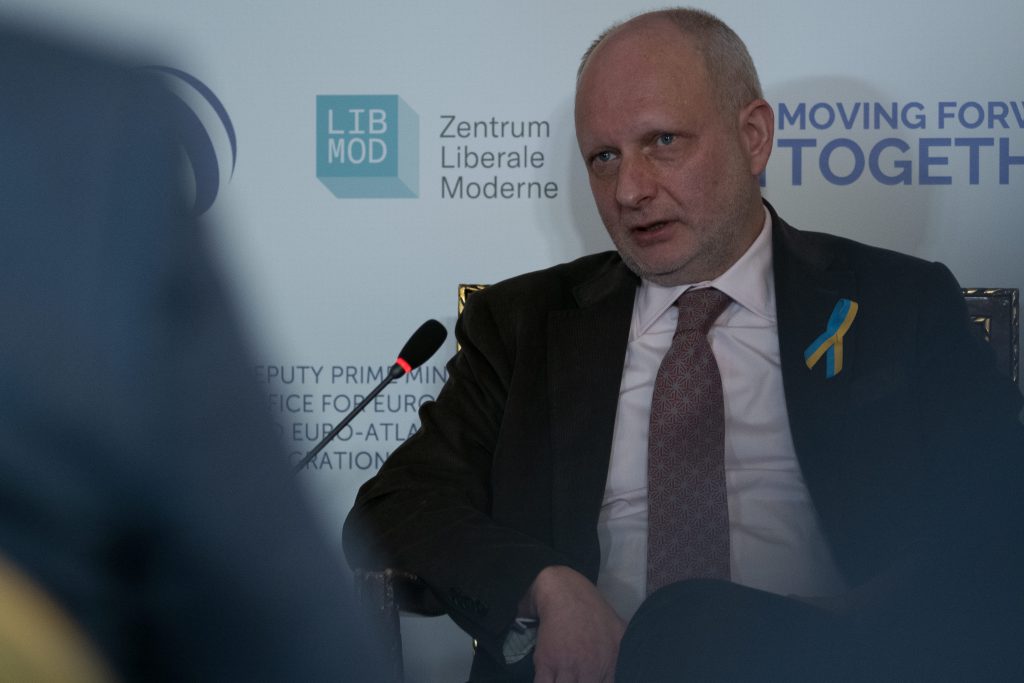
Matti Maasikas, Head of the Delegation of the European Union to Ukraine:
- The war in itself has not hampered any processes of EU integration. It’s very much on Ukraine’s capacities of delivering on 7 recommendations, on adopting regulations and standards to better integrate the EU single market. The quality of the legislation in order to implement the free trade agreement in the field of agriculture is absolutely commendable.
- The two major laws that Rada adopted in the summer of 2021 laid a very good basis for sweeping judicial reform. The Ethics Council for the High Council of Justice actually never stopped working and the High Qualification Commission of Judges resumed its work in the summer. These laws are being implemented.
- I’m 100% convinced that the EU’s very quickly swift and further coming decisions on Ukraine and other countries were supported by the public opinion in the EU member states.
- For all democratic member states, that has been a very important element that Ukraine’s democracy functions in times of war: parliament meets the civil societies as active as ever the newly reformed local municipalities are working for the citizens.
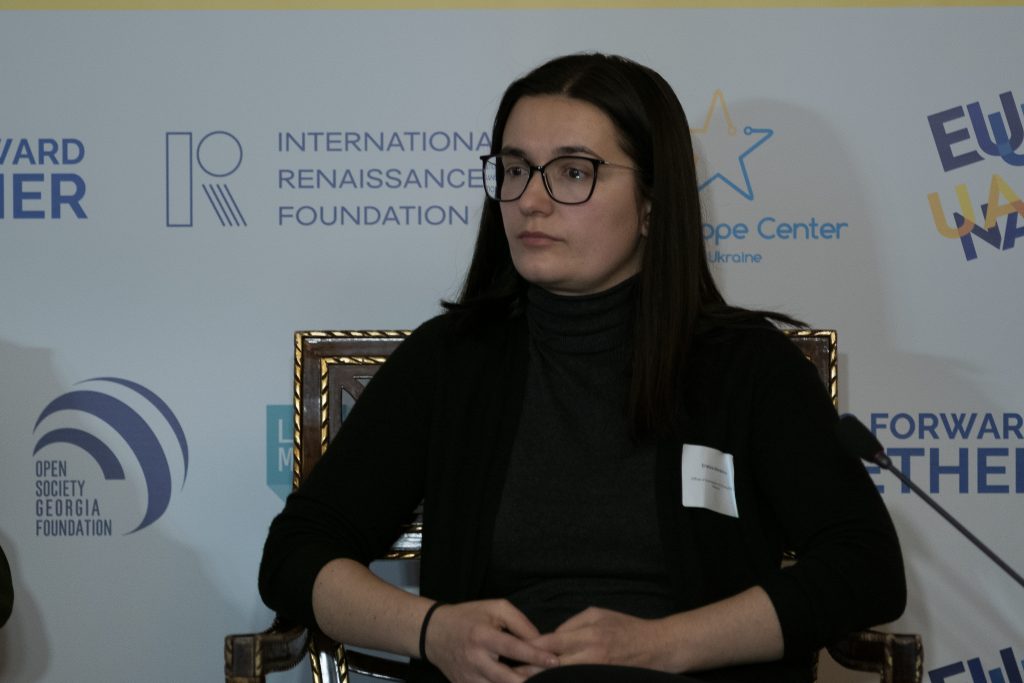
Cristina Gherasimov, Head of Office of President of the Republic of Moldova.
- The EU candidates have action plans, which we are working on individually, but we also have common challenges. Here I`d see the room for cooperation in terms of understanding better what we could do. We all struggle with justice system reform. We all want to clean up our judiciaries better. We all want to have better prosecutors. Here is something that we could share, but there are individual problems, of course.
- I want to acknowledge the EU’s role and the fact that it really did the impossible. What we have witnessed within a year is really cutting through the bureaucratic red tape within months, which usually took years in Brussels to happen.
- EU accession is not a competition, it is a process that all of us muddle through because of the complexity of the reforms that we need to implement. At the same time, it is important for every country to be assessed based on merit on how fast it is able to move with its own path of reforms.
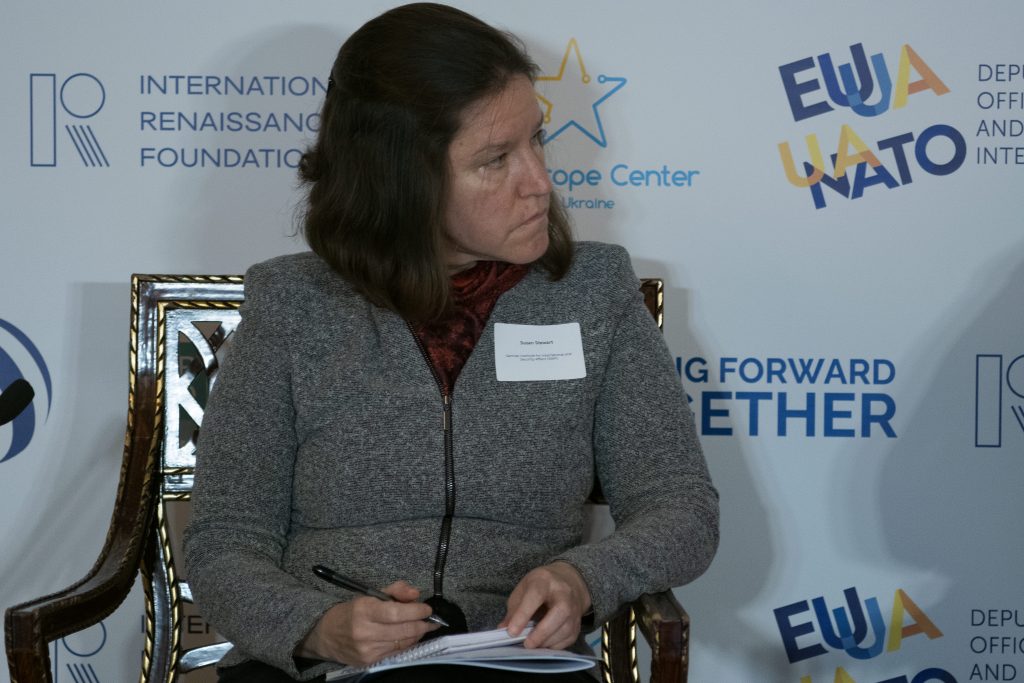
Susan Stewart, Senior Fellow in the Eastern Europe and Eurasia Research Division of the German Institute for International and Security Affairs (SWP):
- We’ve seen that Germany has put a very strong emphasis on the reconstruction process with also the recent conference on the 25th of October and we’ve seen there also from the comments of Chancellor Scholz that this is seen very much in the context of working toward accession.
- On both sides, previously, there has been very positive and substantive cooperation in various sectors (for example, in economics, energy support). I think at the elite level in Germany there’s been a positive association with previous cooperation with Ukraine, which is an important basis for moving toward the accession agenda.
- On the other hand, if you look at the larger context I think right now Germany is still difficult in coming to terms with the idea of Russia as an adversary or even enemy based on a variety of things but also a number of fears that appear in this context. Fear of further escalation of the war, fear of instability in Russia itself which would then have spillover effects to the EU, and a fear of the consequences of Ukraine having total victory in taking back territories including Crimea.
Video recording of the Forum is available here: 1st day and 2nd day.
The Accession Exchange Forum is organized by the New Europe Center in partnership with the Office of the Deputy Prime Minister of European and Euro-Atlantic Integration of Ukraine, the International Renaissance Foundation, the Institute for European Policies and Reforms and the Soros Foundation in Georgia. The Accession Exchange Forum is taking place with EU support, within the EU-funded EU4USociety project implemented by the International Renaissance Foundation.



